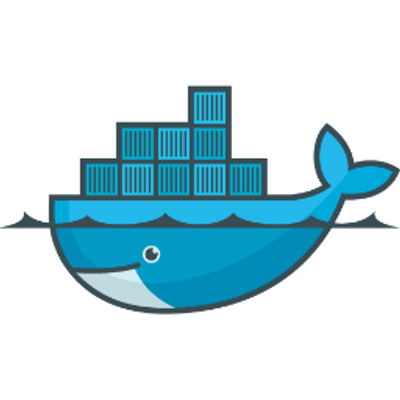Configuring a data science environment can be a pain. Dealing with inconsistent package versions, having to dive through obscure error messages, and having to wait hours for packages to compile can be frustrating. This makes it hard to get started with data science in the first place, and is a completely arbitrary barrier to entry.
The past few years have seen the rise of technologies that help with this by creating isolated environments. We’ll be exploring one in particular, Docker. Docker makes it fast and easy to create new data science environments, and use tools such as Jupyter notebooks to explore your data.
With Docker, we can download an image file that contains a set of packages and data science tools. We can then boot up a data science environment using this image within seconds, without the need to manually install packages or wait around. This environment is called a Docker container. Containers eliminate configuration problems – when you start a Docker container, it has a known good state, and all the packages work properly.

The Docker whale is here to help
In…